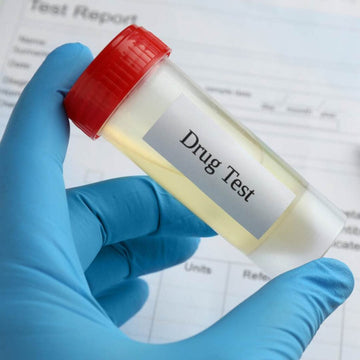In today’s workplaces, maintaining a safe and productive environment is a top priority for employers. One of the methods some companies use to achieve this is through drug testing. However, this practice raises important questions about workers' rights and the ethical implications of monitoring employees. Understanding the legal framework around drug testing is crucial for both employees and employers to ensure fair practices are upheld.
Drug Testing
Drug testing in the workplace is often implemented to ensure employee safety, particularly in industries where impairment can lead to accidents or injuries. However, it is essential for employers to approach this practice with caution and respect for employees' rights.
1. Consent and Policy: Employers must obtain consent from employees before conducting drug tests. This is typically outlined in a comprehensive health and safety policy, which should be included in the employment contract or staff handbook. Clear communication regarding the drug testing policy is vital to ensure that employees understand their rights and the circumstances under which testing may occur.
2. Limiting Testing: Employers should limit drug testing to employees whose roles necessitate it. For instance, positions involving heavy machinery or public safety may warrant more stringent testing. It is crucial that testing is applied consistently and fairly across the organization.
3. Random Testing: To maintain objectivity, drug tests should be conducted randomly rather than targeting specific individuals without just cause. Random testing helps eliminate bias and ensures that all employees are treated equally under the policy.
4. Justifiable Reasons: Employers should avoid singling out particular employees for testing unless there is a legitimate reason based on the responsibilities of their roles. This practice can help prevent potential discrimination claims and promote a more trusting workplace environment.
5. Consequences of Refusal: While employees cannot be forced to take a drug test, a refusal to comply with a reasonable request from an employer—especially when there are valid grounds for testing—may lead to disciplinary actions. It is essential for employees to understand the implications of refusal and the potential consequences outlined in their employment agreements.
Email, CCTV, and Other Monitoring
In addition to drug testing, many employers utilize various forms of monitoring, including email surveillance and CCTV. Employees should be aware of their rights regarding privacy and the extent to which their activities can be monitored in the workplace. Transparency in monitoring practices is key to fostering trust between employees and management.
Conclusion
Drug testing at work is a complex issue that intersects with workers' rights and employer responsibilities. Both parties must navigate this landscape with care, ensuring that policies are fair, transparent, and legally compliant. By prioritizing consent, limiting testing to necessary cases, and maintaining clear communication, employers can uphold employees' rights while promoting a safe and productive workplace. Understanding these dynamics is essential for fostering a respectful and effective work environment.






